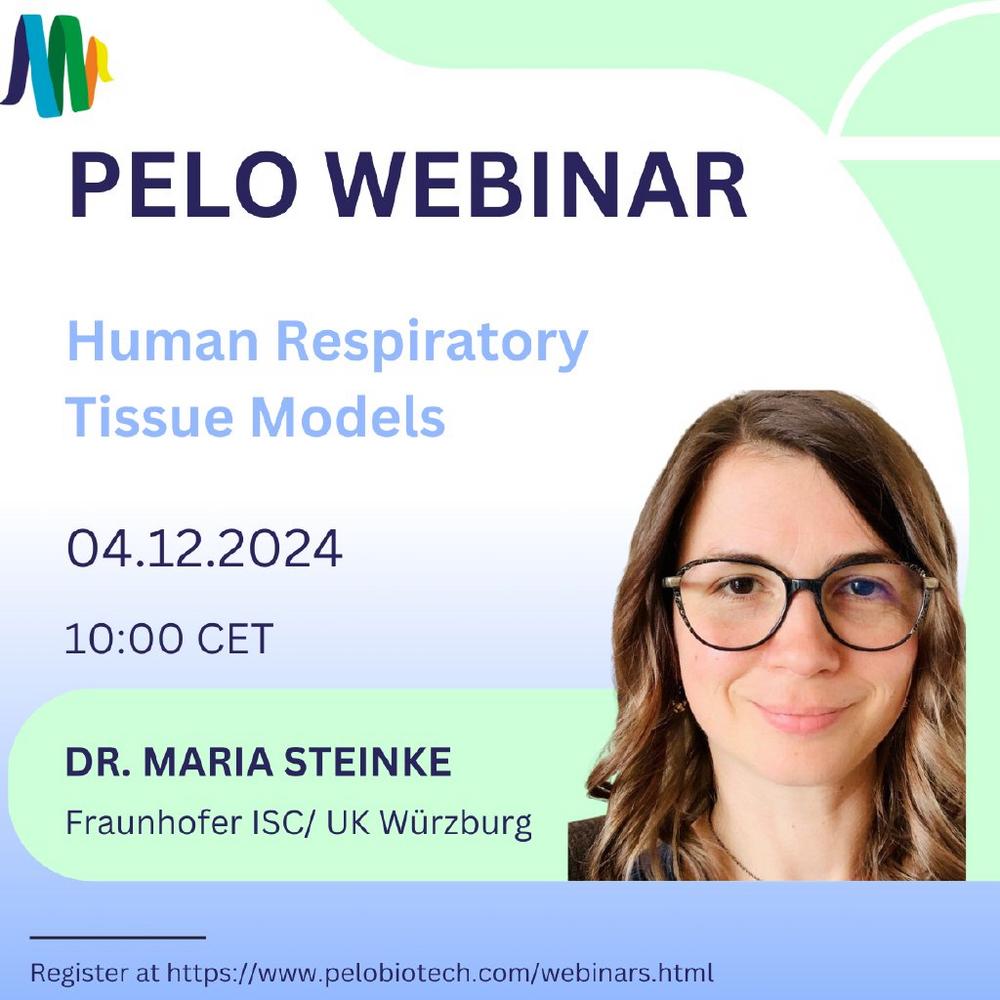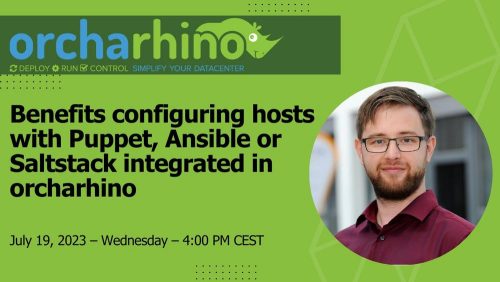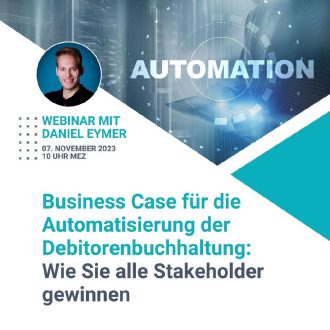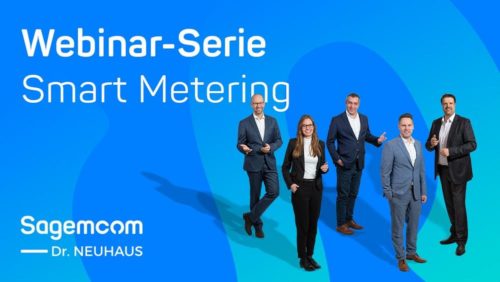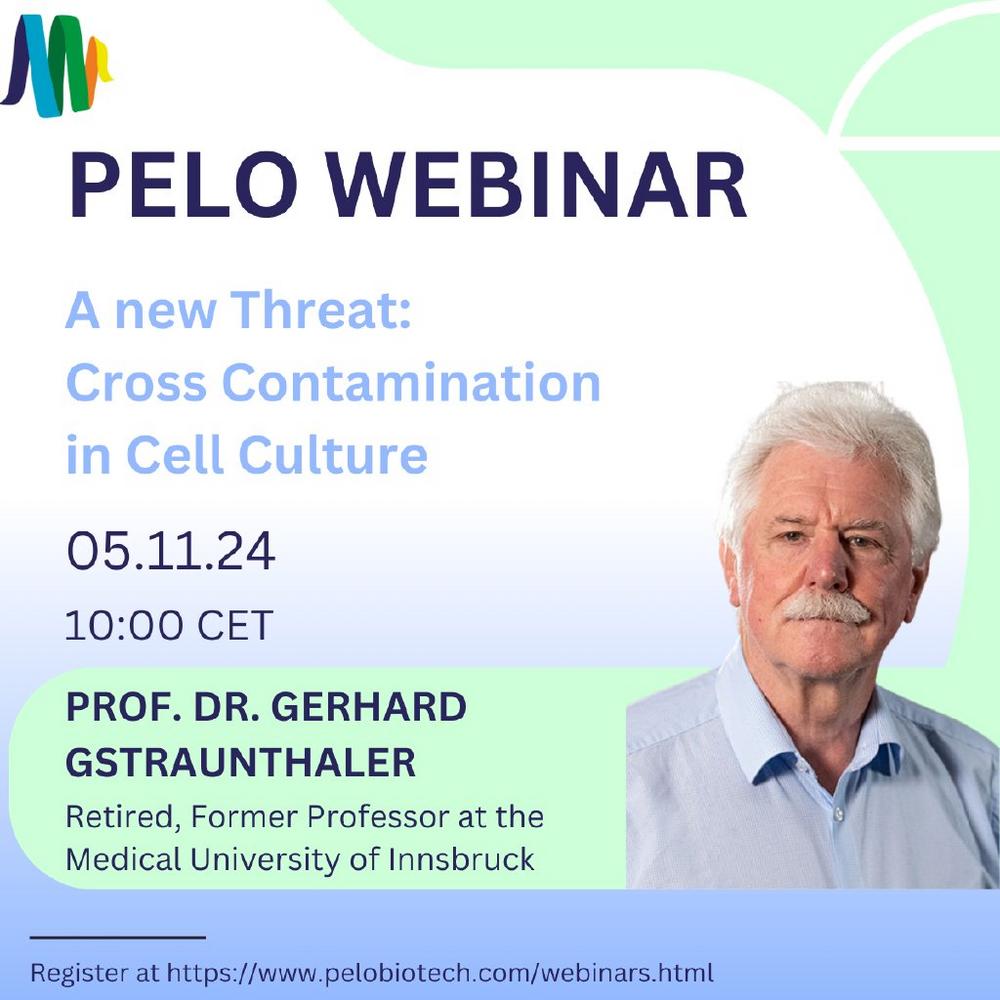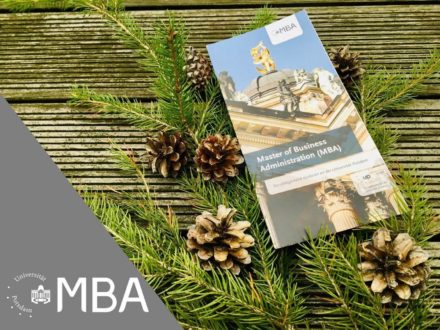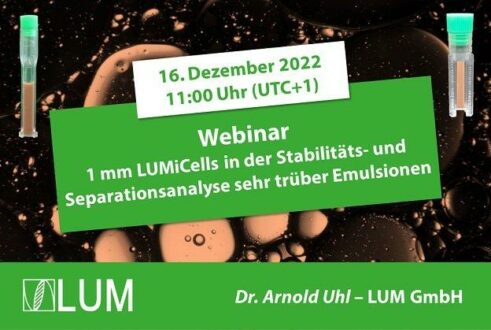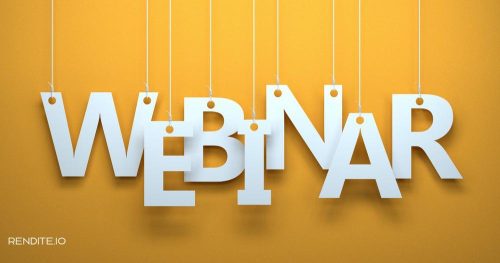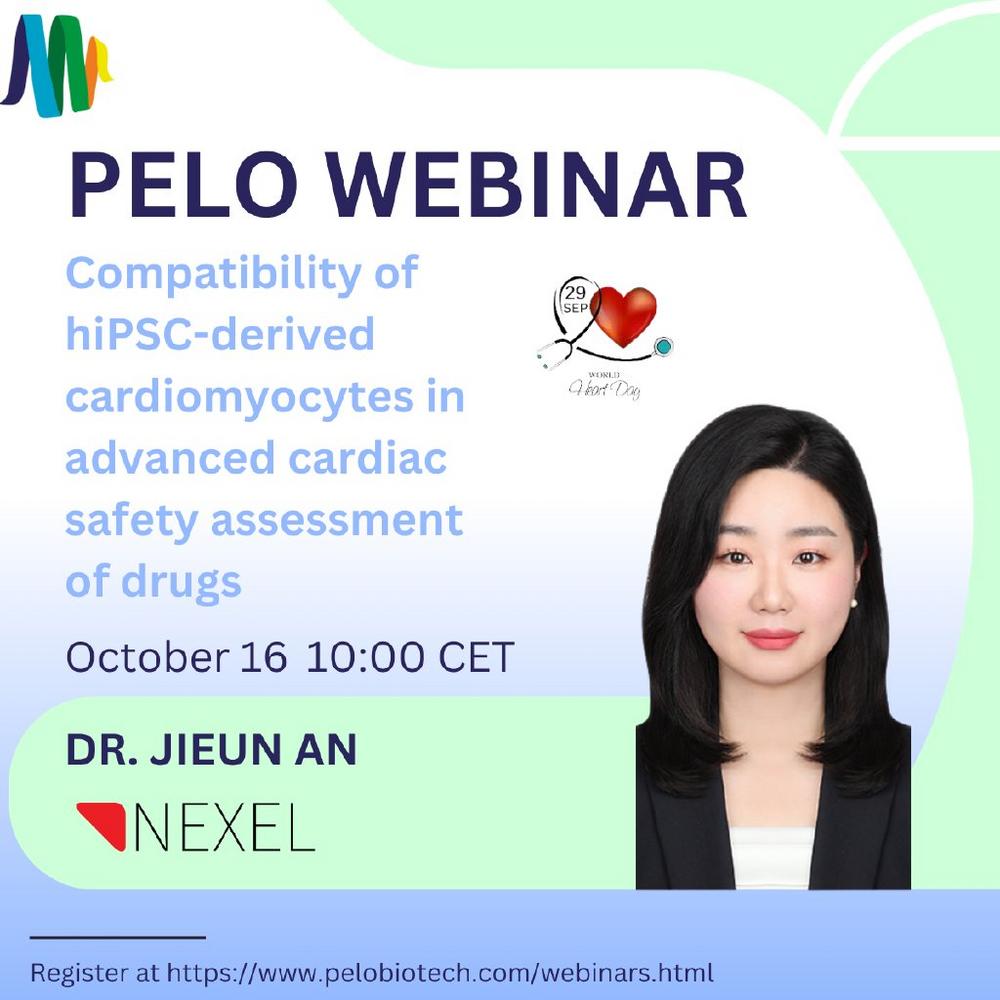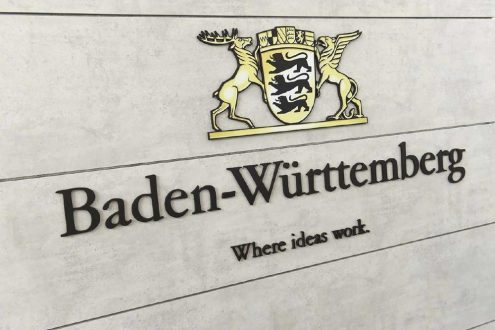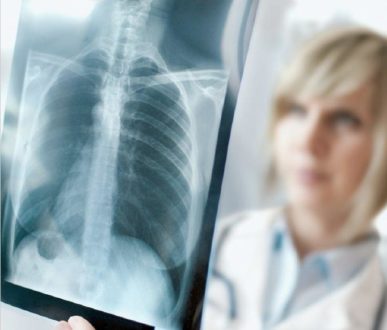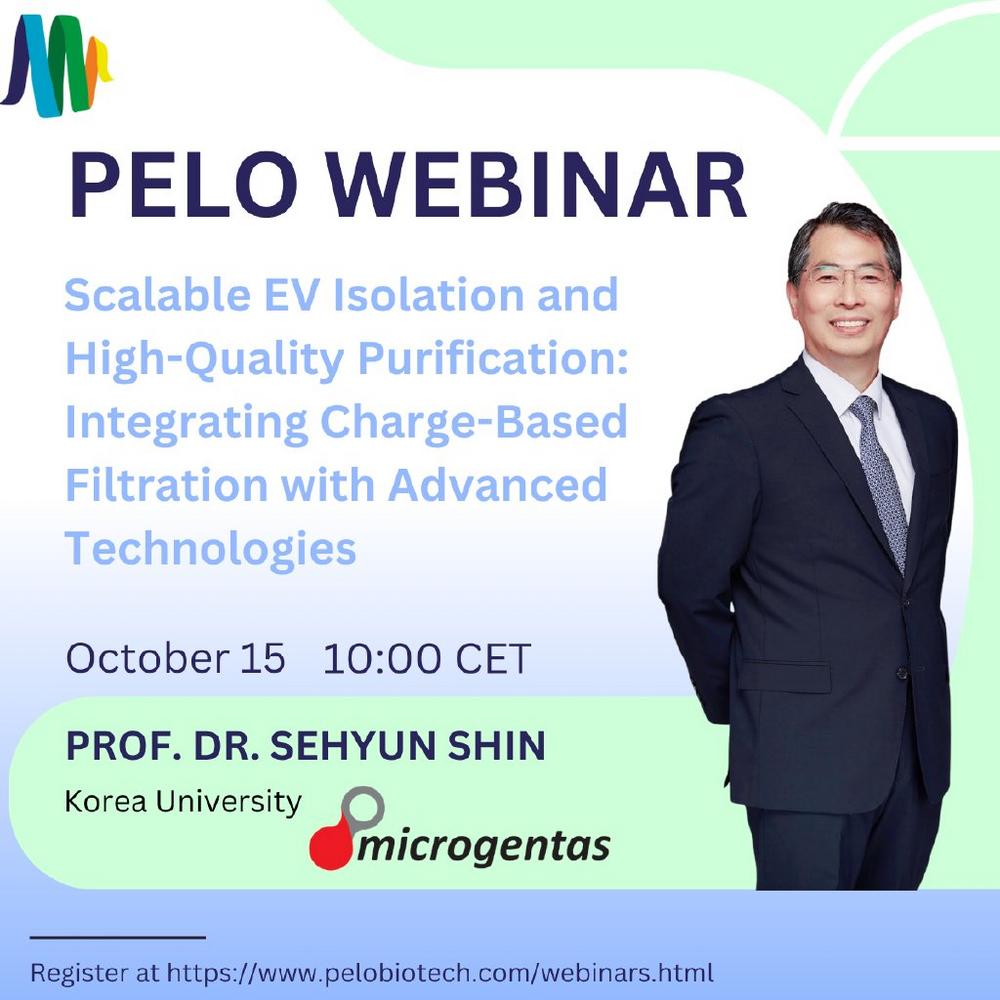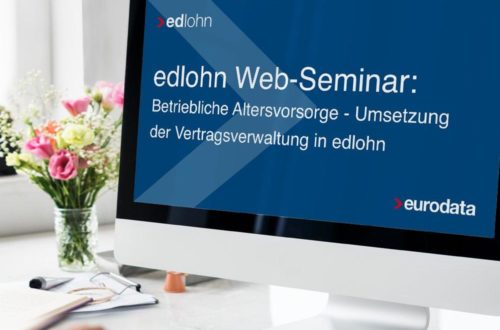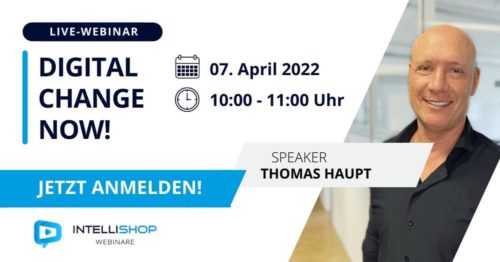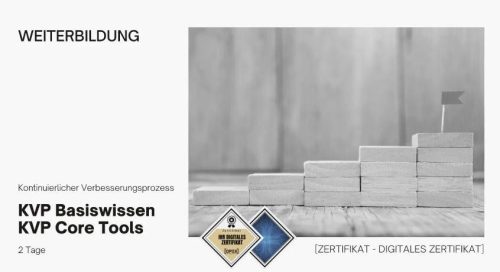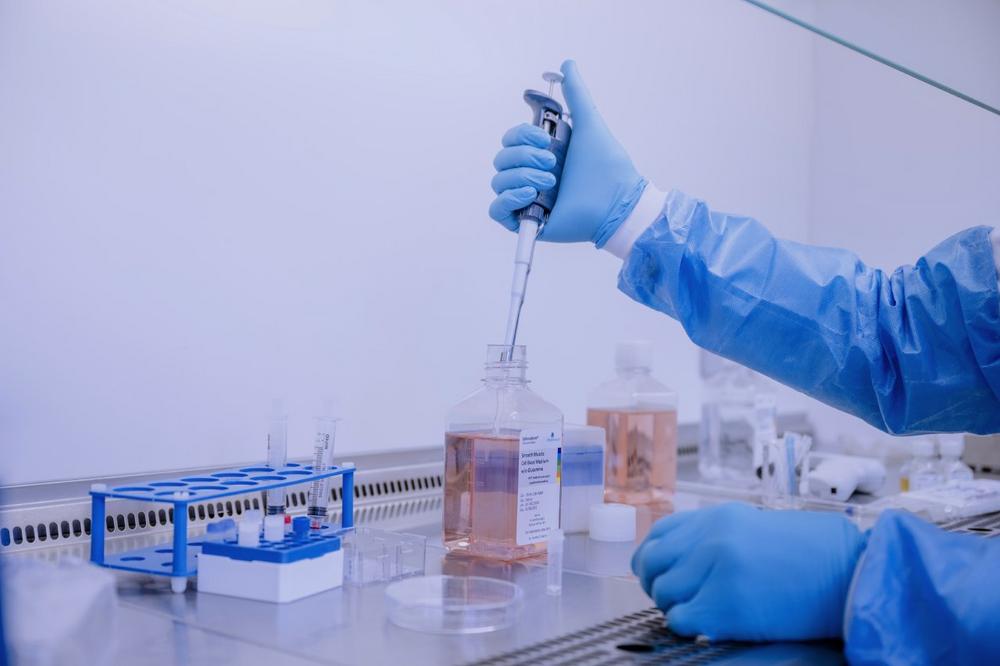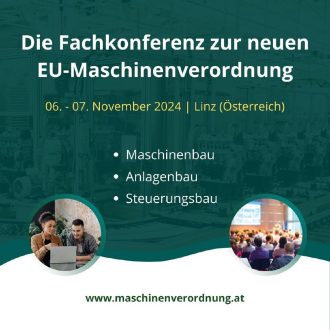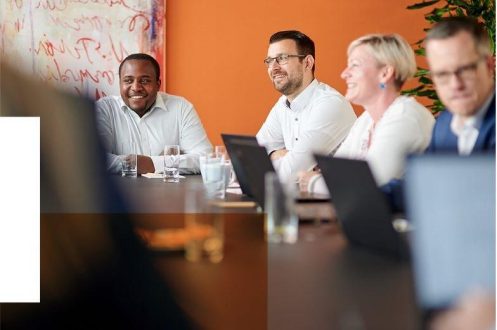-
PELOAcademy | Human Respiratory Tissue Models to study Odorant Metabolism (Webinar | Online)
presented by Dr. rer. nat. Maria Steinke, UK Würzburg, Klinik und Poliklinik für HNO-Krankheiten, plastische und ästhetische Operationen und Fraunhofer-Institut für Silicatforschung ISC, Translationszentrum für Regenerative Therapien, Würzburg Nasal xenobiotic metabolizing enzymes (XMEs) are important for the sense of smell. They protect the nasal tissue from potentially harmful volatile compounds and can influence odorant availability and quality. We cultured primary nasal epithelial cells and fibroblasts at the air-liquid interface to obtain three-dimensional human respiratory tissue models. Join this webinar to – learn how our respiratory tissue models are built and characterized – find out if the respiratory mucosa contributes to food odorant metabolism through XME activity – discuss human airway…
-
PELOAcademy | A new threat: Cross Contamination in Cell Culture (Webinar | Online)
presented by Prof. Dr. Gerhard Gstraunthaler, emer. Medizinische Universität Innsbruck Instances of cross-contamination of cell lines are more widespread than generally appreciated. Despite periodic reminders from concerned cell culturists, the problem continues and even seems to be neglected by the scientific community. While, in the past, due to the widespread use of animal cell lines, inter-species contaminations were most common, in biomedical research today, intra-species contaminations between human cell cultures have become a new threat. In this webinar, Gerhard will talk about the scale of the problem, the major pitfalls that can lead to cross-contamination, and the methods that can be used to avoid it altogether. Eventdatum: Dienstag, 05. November…
-
PELOAcademy|Compatibility of hiPSC-derived cardiomyocytes in cardiac safety assessment of drugsafety (Webinar | Online)
presented by Dr. Jieun An, Nexel Co., Ltd., Republic of Korea Cardiac toxicity is a major cause of compound attrition during drug development as well as for the withdrawal of drugs already on the market. Although ICH S7B guideline has successfully reduced hERG-related risk issues, concerns remain regarding the accuracy of the assay, as hERG blockade does not always correlate with QT prolongation in patients. With recent advances in stem cell technology, it is now possible to generate human induced pluripotent stem cell-derived cardiomyocytes (hiPSC-CMs) that recapitulate the native behavior and accurately assess the proarrhythmic potentials of candidate drugs. These cells are being actively studied with high-throughput technology, particularly in…
-
PELOAcademy | Scalable EV Isolation & High-Quality Purification:Integrating Charge-Based Filtration (Webinar | Online)
presented by Prof. Dr. Sehyun Shin, Korea University & CEO, Microgentas Inc., Seoul, Korea This webinar will showcase Microgentas‘ innovative approaches for scalable EV isolation and high-quality purification, focusing on the integration of charge-based filtration (ExoFilter) with other technologies like TFF and LipoFilter. Attendees will learn how ExoFilter, combined with Tangential Flow Filtration (ExoTFF), and the lipoprotein-specific LipoFilter, optimize EV yield and purity. he session will cover practical strategies to overcome process challenges and achieve consistent, high-quality results in large-scale EV preparations, providing participants with the tools to enhance their isolation processes. Eventdatum: Dienstag, 15. Oktober 2024 10:00 – 11:00 Eventort: Online Firmenkontakt und Herausgeber der Eventbeschreibung: PELOBIOTECH GmbHBehringstrasse 1082152…
-
PELOAcademy | Engineering Cardiac Microtissues for Cell Replacement Therapy (Webinar | Online)
presented by Dr. Kurt Pfannkuche, Universität zu Köln Induced pluripotent stem cells (iPSCs) can be differentiated into heart muscle cells in vitro and open up new possibilities for the development of therapies for myocardial infarction. However, the transplantation of pure cardiac muscle cells from iPSCs has the disadvantage that only a small proportion of the cells remain in the tissue. The transplantation of micro-tissues containing other cardiac cell types in addition to cardiac muscle cells appears more promising. The production of these microtissues under defined, serum-free culture conditions can be carried out on a laboratory scale using established methods. However, new approaches are required for the production of micro-tissues on…
-
First Conference “Advancements in Animal-Free Research and Translational Medicine” in Munich (Konferenz | Krailling)
Our conference „Advancements in Animal-Free Research and Translational Medicine“ will promote novel non-animal approaches that are essential for progress in translational medical research. The focus will be on the development and validation of serum substitutes, paving the way for ethical and scientifically sound alternatives. After an overview of the principles of cell culture and stem cells, presentations will be given on applications and hands-on experiences in the lab. Speakers will highlight the use of Fetal Bovine Serum (FBS), Serum Alternatives, and Serum-free Media with case studies of serum-free, xeno-free, and defined in vitro applications. Numerous innovative applications will be highlighted throughout the day. We will discuss the translational applicability and…

